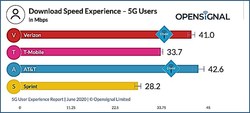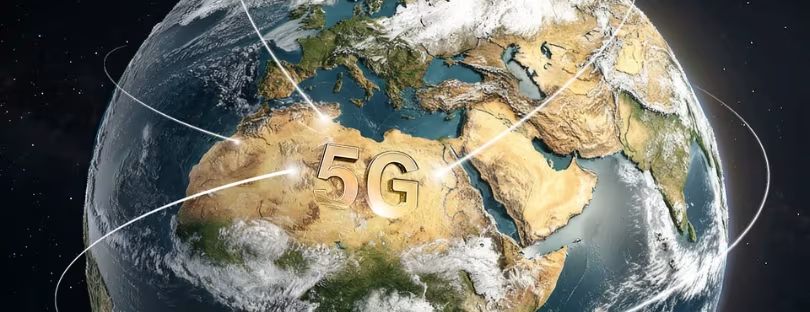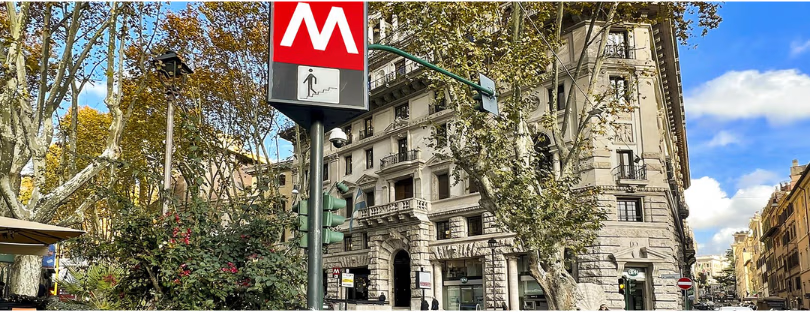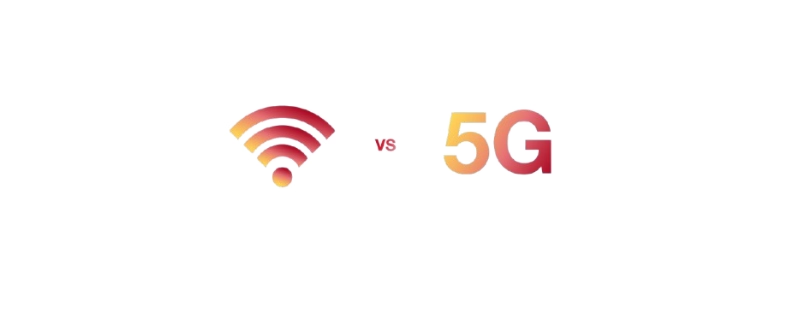
Adara Launches Virtual 5G App for Android Devices
ADARA Networks, Inc., acknowledged as one of the industry’s leading SDN and cloud networking companies, today announced the public availability of its virtual 5G app, a first of its kind that delivers 5G mobile broadband speeds and a globally available 5G service.
ADARA’s Virtual 5G is a mobile app available through Google Play as free software enabling 5G service on any generation Android phone with Android 8.0, 8.1, 9, and Android 10, which is the operating system on the newest generation Android 5G phones.

ADARA Virtual 5G elevates the performance of older generation phones such as 3G and 4G/LTE phones to 5G performance and ADARA Virtual 5G is a new Software that even improves the native mobile broadband performance of new 5G phones. ADARA’s Virtual 5G App has industry-leading performance in bandwidth, speed, quality, and latency reduction, with none of the drawbacks of 5G service.
The nationwide rollout of 5G is scarce, with a select few service providers offering 5G at the lower end (600 MHz) of the mobile broadband spectrum. Spending to create 5G will reach $2.7 Trillion in 2020; widespread 5G is not projected to appear until 2027. ADARA Virtual 5G is available globally, with ADARA’s Virtual 5G available to 6.5 billion people in 150 countries worldwide, in every continent, on any generation (e.g. 3G, 4G/LTE, 5G), eliminating the wait for 5G service.
5G networks have a limited range; distances of a few feet and simple objects such as doors, trees, and glass, cause signals to drop, with 5G signals available only a small percentage of the time in isolated pockets of the country. ADARA Virtual 5G is always available without limitations.
5G phones cost as much as $2,000, with monthly costs of $1,000 over the life of the phone. The ADARA Virtual 5G App eliminates the cost of new phones and monthly fees.
5G promises a latency of less than 1 millisecond to the first network hop, not end-to-end as is often inaccurately stated. ADARA Virtual 5G delivers a latency of less than 1 millisecond to the first network hop.
5G promises mobile broadband speeds of 50+ Mbps; a recent survey confirmed average 5G speeds in real-world user experience and availability range from 28.2 Mbps to 42.6 Mbps; peak numbers are higher but those peaks have an availability of only.4%, and no 5G carrier had availability that exceeded 22%.
ADARA Virtual 5G delivers from 200 to 1,000+ Mbps. These performance increases are important because they enable what consumers want: better browsing, better Quality Video Streaming, and video chat/conferencing with fewer stops and starts and no dropped calls with a Freemium App. Most importantly they are 100% available in all situations, including Remote Work, Remote Education, corporate locales, stores, and public spaces such as public transit, cars, planes, and recreational locations.
5G stated performance is often misleading; advertised latencies of less than 1 millisecond refer to first network hop connection, not end-to-end latency. 5G speeds are often quoted as a result of PING times, which can vary wildly. PING times from the same 5G phone at the same moment can register as low as 20 Mbps to 20 times higher, as PING is interpreted in widely varying ways by service providers.
ADARA provides in-app capability to measure speed. ADARA provides PING times, but since PING does not resemble real-world user-perceived performance, ADARA also follows Google recommended standards for accurate performance measurement and provides real-time Measurements using iPerf, as Google states “we recommend using netperf over ping for latency tests”. Additionally, since TCP makes connections and sends data and PING does not, “we prefer using TCP over ICMP (PING). TCP is a more common use case and thus tends to be more representative of real-world applications.”









